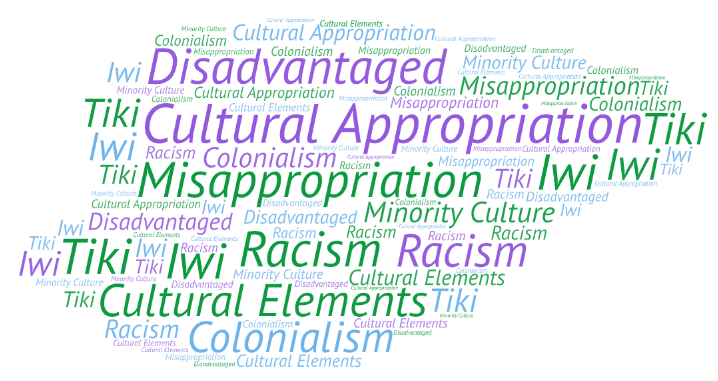As a descendant of Tūwharetoa, I have no idea if my whakapapa is being offered for sale on TradeMe, just like any other descendant of Tūwharetoa wouldn’t. I agree that the whakapapa is personal property, but not of one individual selling it, but to the whānau, hapū and Iwi that the whakapapa is about.
New Zealand statues that refer to taonga are outdated. The issue with statutes and government department policies is they have created new genres of taonga such as ‘Taonga species’, ‘derived taonga work’s and ‘taonga tuturu’ among many other genre. It causes confusion and does not reflect Treaty obligations. Perhaps this is the intention?
The Waitangi Tribunal have several detailed and lengthy definitions of what a taonga is. In one of their rulings it states that a taonga can be tangible or intangible. These whakapapa albums have taken the intangible and made them tangible. Whakapapa has always been a taonga that has always been jealously kept secret and protected. Our whakapapa is not for sale.
I believe that TradeMe are in breach of the Protected Objects Act 1975 that they claim to abide by. I would welcome legal action for a court decision if the Māori Council who have issues a Cease and Desist Notice to TradeMe peruse this.
The other issue is that New Zealand society has moved away from its colonial past of being dominated by a western orthodox Christian religious view to now accepting and respecting Māori spiritual and religious beliefs. One example, MBIE funding has a clause that asks about Mātauranga Māori. This has forced academics in the digital sector to seek what is appropriate and what it not with technology and tikanga Māori. When we consider that the whakapapa albums contain mauri and wairua, we have another significant disrespectful act against Maori being committed by TradeMe. This is not new for large New Zealand corporate’s, but the others whom I have called out this year have rectified their wrong doings: BP, Fonterra, AirNZ
TradeMe as a trusted New Zealand brand should be a good citizen and seek the formation of a Māori advisory group to write guidelines and provide a disputes process for Taonga Māori. I don’t think banning all Māori items from TradeMe in the meantime is particularly useful to anyone.
In the meantime, the seller has removed the items from sale. But this could set a precedence for all Māori. TradeMe need to take action now and create some policies. We know that TradeMe have removed other items that are considered distasteful, so they do practice understanding with majority groups, so why not the Indigenous Peoples of New Zealand. The rest of the world is waking up to cultural appropriation, so why not one of New Zealand’s biggest brands?
The Ministry of Heritage could take the initiative that other government departments with much less Māori stakeholders have, and consider a review of their statute, for the Ministry of Heritage, Protected Objects Act 1975 and in particular the definitions of Taonga and make them in line with the Waitangi Tribunal.


Leave a Reply
You must be logged in to post a comment.